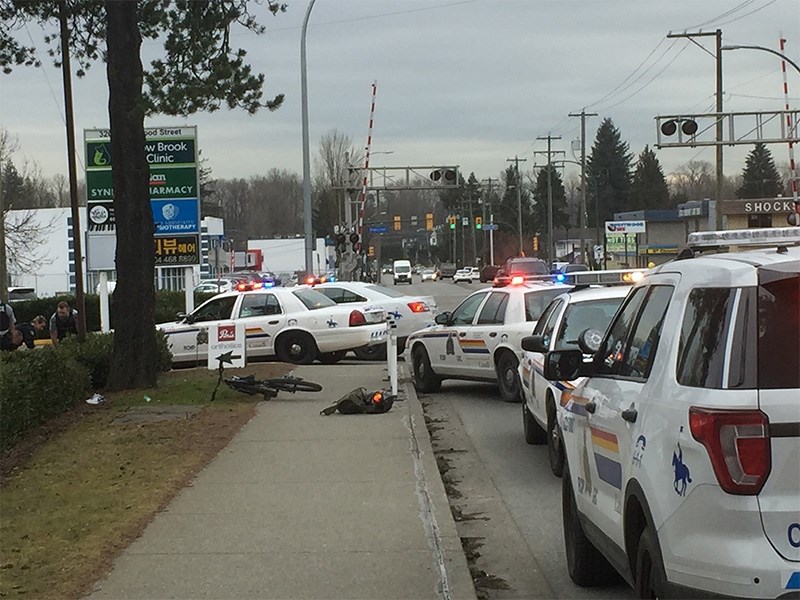Port Coquitlam wants more control over the location of methadone clinics in the city but the councillor responsible for community safety says it’s not because they are dangerous or don’t work.
“Just the opposite,” says Coun. Steve Darling, “We understand there’s a crisis in the province, and getting people off of them, and methadone is helpful in doing that.”
It’s not an issue of stigma against people seeking treatment but rather an effort to regulate where methadone clinics go, Darling said, similar to restrictions on locations for liquor stores and cannabis retail outlets.
“All that happened is we wanted to have control over where methadone clinics are located,” Darling said, noting that approval of a zoning amendment given first and second reading Tuesday will give council more say through city bylaws.
For example, the city would be able to stop opioid therapy clinics and dispensaries from being located too close to schools, playgrounds and each other.
Other cities have even more restrictions, such numbers of patients served and other good neighbor policies.
“We want to have an approach similar to how we treat cannabis and liquor stores,” Darling said.
Meanwhile, a privately-run methadone clinic located at 3200 Westwood Street will be grandfathered and Darling said the city hasn’t heard of any concerns with the business.
While opioid treatment such as methadone and suboxone are supposed to dampen cravings and stabilize people, the city has to balance access to treatment with feelings of community safety, according to a report to council.
It can’t go too far, however, as legal concerns have been raised when cities try to prohibit them or be overly restrictive…”these actions may not only be discriminatory but also violate the Canadian Charter of Rights and Freedoms to reasonable access to medical treatment.”

Several municipalities, including Abbotsford, have repealed their bylaws prohibiting harm reduction services in the face of impending litigation, the report notes.
Darling said it’s important for people to understand that access to opioid addiction treatment is necessary to help people with problematic substance use and his own experience reporting for TV on B.C.’s opioid crisis helped him understand the need for these kinds of services.
Last week, Coquitlam RCMP revived an overdose victim in the parking lot of a strip mall in the 3200 block of Westwood Street, a situation that is being replicated across the Lower Mainland as emergency services deal with the current overdose crisis.
Darling said that opioid addiction is not a PoCo problem but is happening throughout the province as well as nationally and dealing with the problem will take more than city resources.
Higher levels of government, including the province and the federal government, have to work on a solution, as well.
“The most important thing is to try and get people help, the last thing we want is people dying,” Darling said.
Last year, Fraser Health opened an Opioid Agonist Treatment clinic in Port Moody.
More information is available here.



